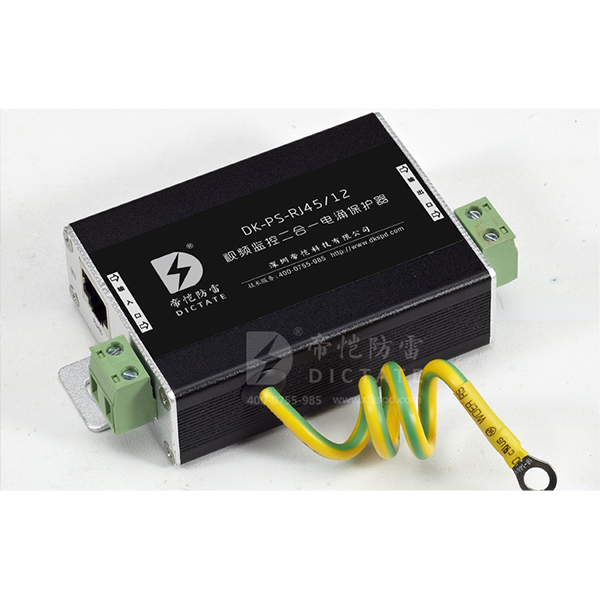- Chinese
- French
- German
- Portuguese
- Spanish
- Russian
- Japanese
- Korean
- Arabic
- Irish
- Greek
- Turkish
- Italian
- Danish
- Romanian
- Indonesian
- Czech
- Afrikaans
- Swedish
- Polish
- Basque
- Catalan
- Esperanto
- Hindi
- Lao
- Albanian
- Amharic
- Armenian
- Azerbaijani
- Belarusian
- Bengali
- Bosnian
- Bulgarian
- Cebuano
- Chichewa
- Corsican
- Croatian
- Dutch
- Estonian
- Filipino
- Finnish
- Frisian
- Galician
- Georgian
- Gujarati
- Haitian
- Hausa
- Hawaiian
- Hebrew
- Hmong
- Hungarian
- Icelandic
- Igbo
- Javanese
- Kannada
- Kazakh
- Khmer
- Kurdish
- Kyrgyz
- Latin
- Latvian
- Lithuanian
- Luxembou..
- Macedonian
- Malagasy
- Malay
- Malayalam
- Maltese
- Maori
- Marathi
- Mongolian
- Burmese
- Nepali
- Norwegian
- Pashto
- Persian
- Punjabi
- Serbian
- Sesotho
- Sinhala
- Slovak
- Slovenian
- Somali
- Samoan
- Scots Gaelic
- Shona
- Sindhi
- Sundanese
- Swahili
- Tajik
- Tamil
- Telugu
- Thai
- Ukrainian
- Urdu
- Uzbek
- Vietnamese
- Welsh
- Xhosa
- Yiddish
- Yoruba
- Zulu
- Kinyarwanda
- Tatar
- Oriya
- Turkmen
- Uyghur

Backup Power System
The Importance of a Reliable Backup Power System
When it comes to ensuring continuous operations, a backup power system is indispensable. The reality is, in both residential and commercial settings, power outages are not just an inconvenience—they can result in significant financial losses and safety issues. Whether you're running a design and construction enterprise like Shenyang Fei Ya Water Art Landscape Engineering Co., Ltd. or managing a residential property, the stakes are high.
Understanding Backup Power Systems
Power outages can strike without warning. At Shenyang Feiya, for instance, maintaining the operation of extensive waterscape projects demands a seamless power supply. Interruptions could mean not only disrupted aesthetics but also issues in water circulation and filtration, potentially leading to long-term damage if not rectified swiftly.
Choosing the right backup system isn't about picking the first generator on the shelf. The specifics of your environment—like the power load requirements and the duration the system needs to operate—are crucial factors. Many overlook these elements, leading to underpowered systems that fail in critical moments.
In our experience, capacity planning is often undervalued. Many assume a one-size-fits-all approach works, but this couldn’t be further from the truth. Each project, each building, has unique needs. For our company, calculating the total power demand across our operations often involves complex evaluations, including potential expansion needs down the line.
The Role of Location and Environment
Another significant consideration is the physical location of your operation. Geography can heavily influence the optimal design for a backup power system. For Shenyang Feiya, with sites scattered across diverse climates, the durability of the equipment is critical. In regions prone to severe weather, ensuring that these systems are both robust and sheltered is essential.
Temperature plays a role too. In colder climates, systems need to be insulated against freezing conditions, while in hotter environments, ventilation becomes critical to prevent overheating.
Location also affects the choice between natural gas, diesel, or renewable backup solutions. Each has its pros and cons, balancing cost, environmental impact, and reliability. The decision is rarely straightforward and often benefits from engaging an expert.
Maintenance: The Unsung Hero
No matter how sophisticated a system may be, it’s only as good as its maintenance regime. Regular checks and servicing prevent minor issues from escalating into costly failures. Shenyang Feiya's waterscape projects demand stringent maintenance protocols, ensuring readiness of backup systems at all times.
Routine maintenance isn’t just about the generator or battery itself—it includes the entire electrical infrastructure. Wiring, switchgear, and control systems all demand attention. A neglected component can render even the most advanced systems ineffective.
Scheduling and documentation are key here. Many businesses underestimate the importance of a comprehensive maintenance log, which often results in overlooked intervals and lapsed updates. We’ve learned the hard way that reliance on memory or ad-hoc scheduling can lead to serious oversights.
Integrating Modern Technologies
The landscape of backup power solutions has evolved significantly with technology. Modern systems can now integrate with smart grid solutions, providing efficiency and minimizing downtime. At Shenyang Feiya, this technological integration has allowed for better power management and reduced operational costs.
IoT-enabled devices, for example, allow for remote monitoring and control, providing real-time insights into system performance. This is particularly beneficial for businesses managing multiple sites or needing real-time diagnostics.
Moreover, renewable energy sources, such as solar and wind, are increasingly becoming viable options. Combining traditional systems with renewable sources not only offers a cleaner solution but can also reduce dependency on fuel supplies, which can be susceptible to supply chain disruptions.
Real-World Challenges and Solutions
An aspect frequently encountered is the unforeseen challenge. Plans often need adjusting on the ground. For example, during the setup of a large waterscape venture, unexpected site conditions required rapid changes to power provisions to accommodate alterations.
The key takeaway here is adaptability. Flexibility in implementation and a willingness to re-evaluate initial plans when faced with new information or challenges is valuable. While a pre-built plan is essential, the ability to pivot and adjust quickly is what ensures long-term success.
In closing, the right backup power system is not just a purchase or an installation; it’s an investment into resilience and reliability. At Shenyang Feiya, we've learned that the details make the difference. Understanding these components ensures that when the grid fails, your lights—and more importantly, your operations—stay on.
Related Products
Related Products
Best Selling Products
Best Selling Products-
 Greening Project Display 3
Greening Project Display 3 -
 Shahekou District Building Lighting Project
Shahekou District Building Lighting Project -
 Greening Project Display 11
Greening Project Display 11 -
 Greening Project Display 6
Greening Project Display 6 -
 Dongfeng County Government Square Greening Project
Dongfeng County Government Square Greening Project -
 Youyi County Cultural Center Square Greening Project
Youyi County Cultural Center Square Greening Project -
 Huifenghechang Square Fountain Project (cost 5.85 million)
Huifenghechang Square Fountain Project (cost 5.85 million) -
 Dalian International Flower Center Music Fountain (cost 470,000)
Dalian International Flower Center Music Fountain (cost 470,000) -
 Lightning protection equipment 2
Lightning protection equipment 2 -
 Greening Project Display 9
Greening Project Display 9 -
 Beiling Park Colorful Music Fountain
Beiling Park Colorful Music Fountain -
 Youth Park Water Curtain Movie (cost 2.3 million)
Youth Park Water Curtain Movie (cost 2.3 million)








